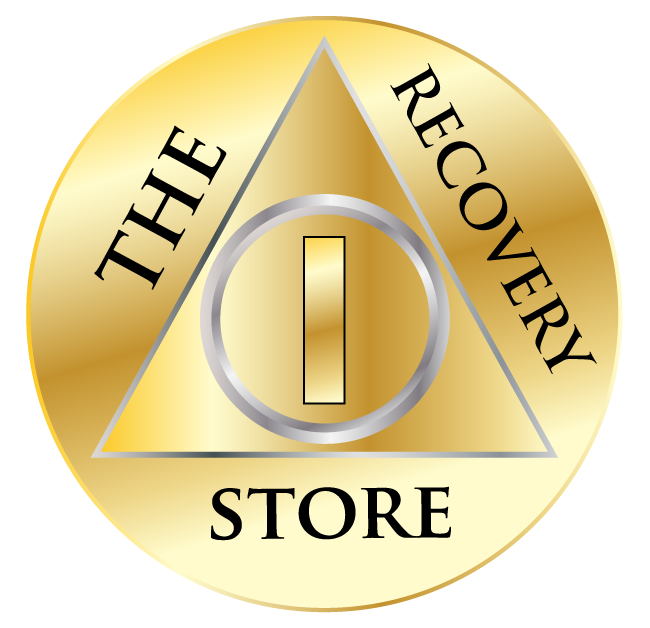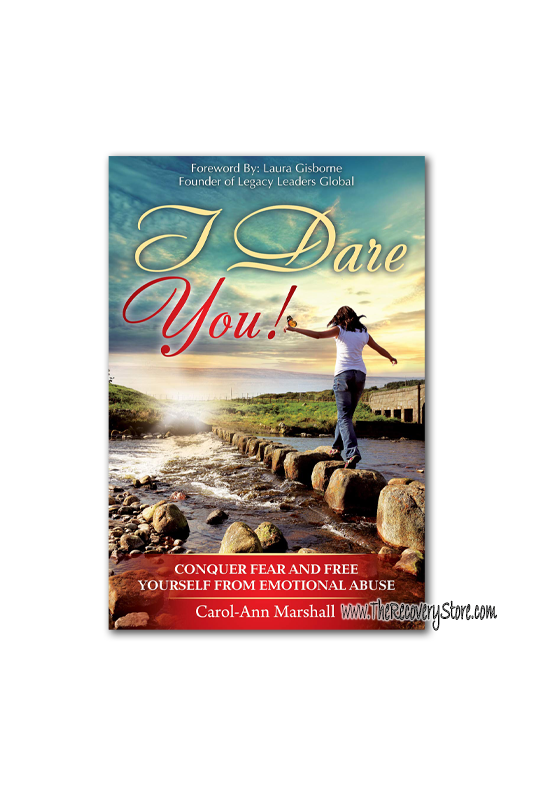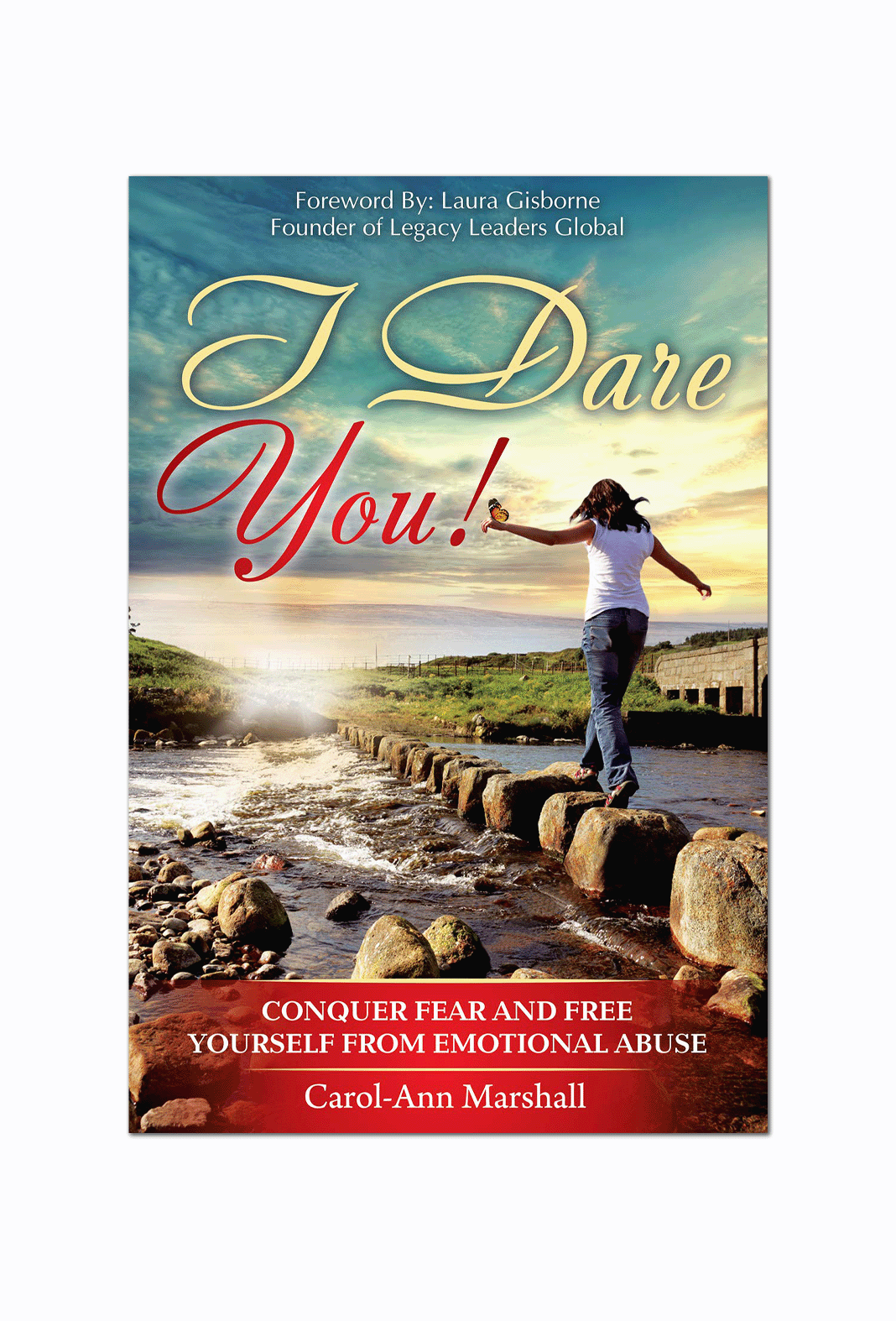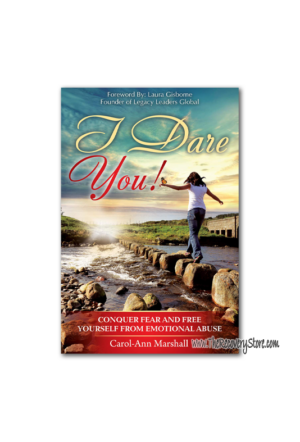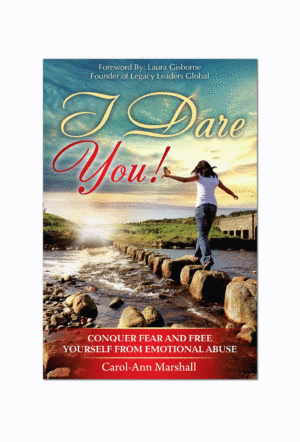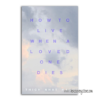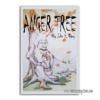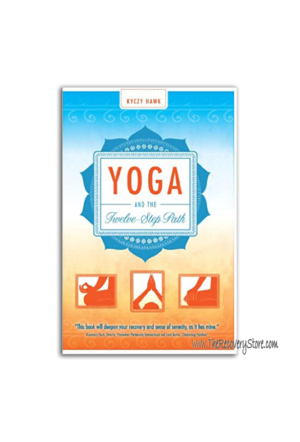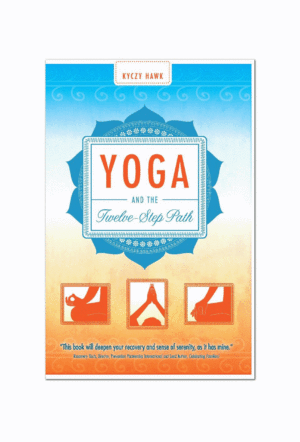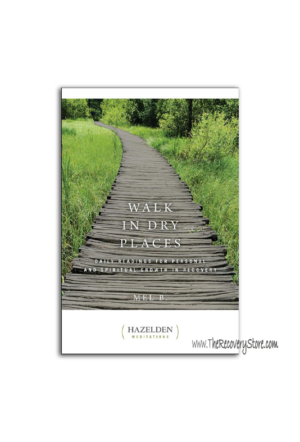I Dare You: Conquer Fear And Free Yourself From Emotional Abuse
$19.99
Author: Carol Ann Marshall
Recently, incidents of violence and abuse against women have been on the front pages of most national newspapers, the lead stories of every newscast, on the lips of many people and all the buzz on social media. What happened to cause this sudden interest?
It is not that this type of treatment toward women is a new phenomenon. It isn’t. Women have been abused for centuries. So, why all this attention to it now? I believe that what has finally occurred is what Malcolm Gladwell describes in his book, The Tipping Point, as, the moment of critical mass, the threshold, the boiling point. However, I believe that one crucial aspect of abuse has been missing from the discussions.
When we mention the word abuse, we automatically think of sexual and physical abuse because that is the most obvious form. We often don’t consider that emotional abuse can be just as harmful to a woman’s sense of well-being.
I describe emotional abuse as the mental control of another by the systematic undermining of that person’s self-confidence, self-esteem and sense of self and that abuse is often expressed or characterized by the use of words, gestures and body language.
Many of us have heard the saying: Sticks and stones may break my bones, but words will never hurt me. That is an outrageous lie! Rudyard Kipling said, words are the most powerful drug known to humanity. How true that is, and abusers use them as extremely effective weapons in their arsenal. Hurtful and demeaning words sear themselves into an abused woman’s brain, into her subconscious, and effectively reorganizes and damages her thought processes.
You are probably asking yourself, Why is she writing a book about abuse? Is she qualified to write about such a sensitive topic? Well, I am. I have been in abusive relationships, and escaped them all. I felt that the time had come to seriously look inside myself to try to understand why I was in those relationships. Among the players, I was the common denominator. The theme common to their characters was abuse; a pattern was beginning to emerge. So, I began to examine what was causing me to attract such partners, and why I stayed in three emotionally abusive relationships for a total of 27 years. I was forced to dig deep to uncover who I truly was and in the process worked through a number of steps as I tried to make sense of what had happened in my life. I needed to change direction.
Until you recognize the signs of abuse and make the difficult decision to leave it behind, you can’t move forward toward a new life and that is why in the book you will find some of the symptoms which should alert you to abusive behavior. You can give yourself permission to excavate and uncover what is really happening in your relationship and you may be surprised at what you reveal. When you are finished, you may be confused about what to do next but, in order to move on, you need to work through this process.
When you do decide to move on and recognize that your old life is over, you will find your own personal 12-step program to help you prepare for your new life ahead. You are far more resilient than you think you are. Start believing in yourself. The journey will not be easy, but I promise you that every pain will be worth it.
My primary goal in writing this book is to expand the conversation and raise awareness about the insidious nature of emotional abuse and the devastating impact it can have on women. By picking up and reading this book and the stories of other women just like yourself, you will recognize that you are not alone; that there is life after abuse; that you can reinvent yourself; and that you can thrive in spite of everything that has happened to you in the past. I also hope that those of you who read this book will take the time to examine your relationships and determine whether or not, somewhere deep inside, something needs to change.
The late English author, George Eliot (1819 – 1880) said, “It is never too late to be what you might have been” more than a century ago. They are as poignant and true for those who want to realize their potential today as they were for those who lived during her lifetime.
Only 1 left in stock
